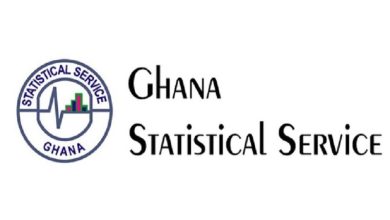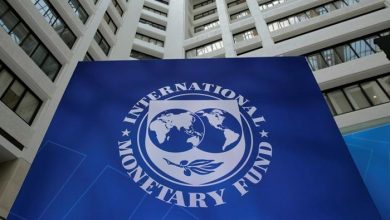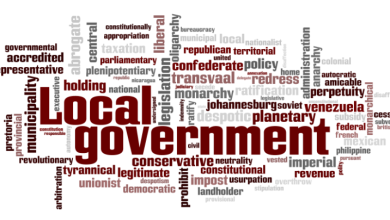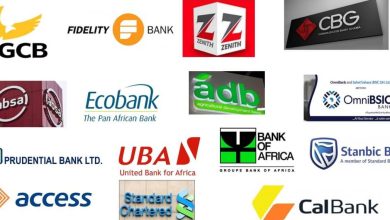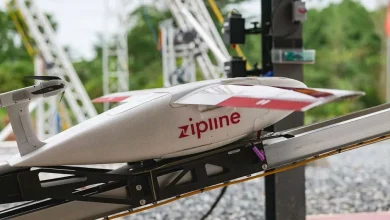Tax exemption bill to be passed this year – Finance Ministry
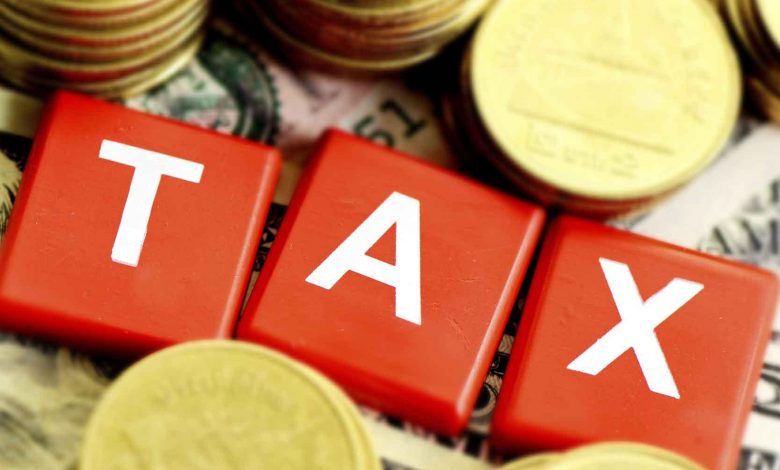
The government is aiming at passing a bill that will review the tax exemption regime, Dr. Nii Noi Ashong, a technical advisor at the Finance Ministry has said.
Speaking at an Economic Dialogue series in Accra, Dr. Ashong said, “A whole lot of leakage goes in there, so we are going to rationalize the exemptions to make sure that the money comes back to the government. Those are some of the issues that we are going to use to raise the revenue. So it’s more like plucking the holes and then through growth we also going to be generating more revenue.”
He said, “2020 was more like 2019 if you look at the data; as they said revenue didn’t grow at all, we plateaued just like the GDP itself. Now we were able to raise a little bit of revenue because there were price increases in terms of the GDP…So even though the output didn’t grow the inflationary aspect created room for us to get taxes which sent us back to the 2019 levels.”
Ghana loses over GHC5 billion every year through tax exemptions, a reason the Institute of Economic Affairs (IEA) wants the government to pass the tax exemption bill immediately to plug a big hole in the tax system.
Already, tax consultants and attorney, Ali-Nakyea and Associates urged the government to take a second look at the tax exemptions regime if it is to rake in more revenue for the state.
The government enacted the bill to streamline the exemptions, but it has been languishing in Parliament since 2019.
The IEA is urging Parliament to pass the bill with urgency, to narrow the huge gap in the tax system.
Dr. John Kwakye, director of research at IEA, speaking at IEA’s review of the 2021 Budget Statement said “the political will to pass the bill seems to be lacking. We [IEA] urge Parliament to pass the bill with urgency, to plug a big hole in the tax system.”
The informal sector accounts for nearly 30% of GDP, but a large part remains outside the tax net.
Dr. John Kwakye said, “We should be taxing businesses that employ at least a few people, like the mechanics, hairdressers, tailors, and other artisans, and instead, leave out the small businesses like ‘kayayoos’, ‘kenkey’, ‘waakye’ and ‘ice-water sellers who have tiny incomes.”
He said Ghana’s tax rate is high but the nation is not accruing enough revenue because of the low efforts in mobilizing tax revenue.
“We all know that Ghana’s personal income, corporate income, and indirect tax rates are relatively high. Our low revenue effort is not due to the fact that our tax rates are low but it’s rather due to the fact that the government fails to collect a lot of taxes.
“Ghana has chronically struggled to mobilize enough revenue to fund its expenditure requirements. In the process, we have had to borrow supplementary funds and this has escalated our debt burden. This situation has to change”, Dr. Kwakye said.
Re-examine tax exemptions
Meanwhile, the Trades Union Congress (TUC) wants the government to re-examine the tax exemptions captured in the 2021 Budget and also abolish taxes that have outlived their usefulness.
“There must be a comprehensive review of benchmark values used to calculate import tariffs, fees, and levies at the ports. An increase in the benchmark values for all products that have local substitutes will raise revenue and support the import-substitution agenda under the Ghana-CARES programme”, it said in its preliminary assessment of the 2021 Budget Statement.


